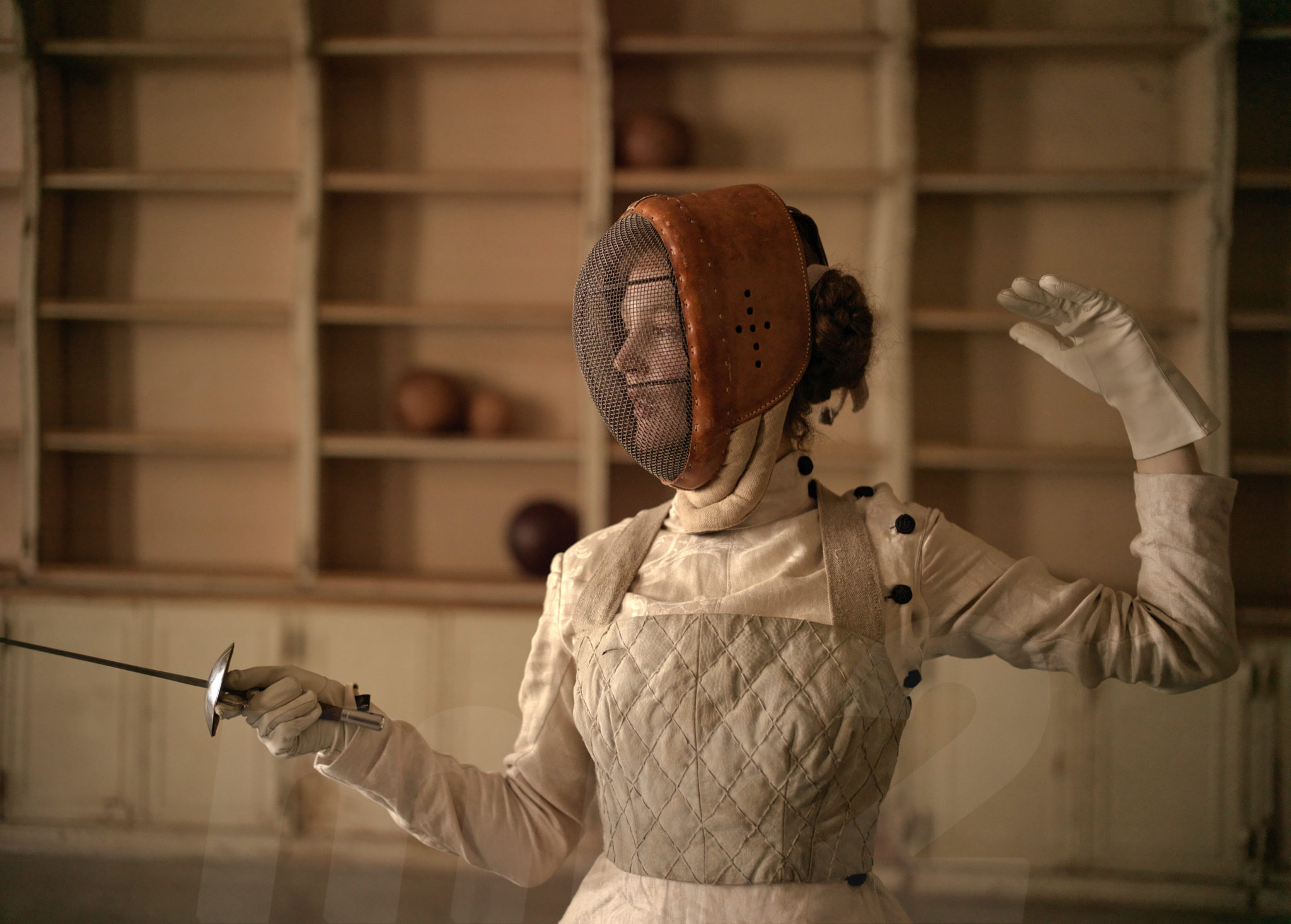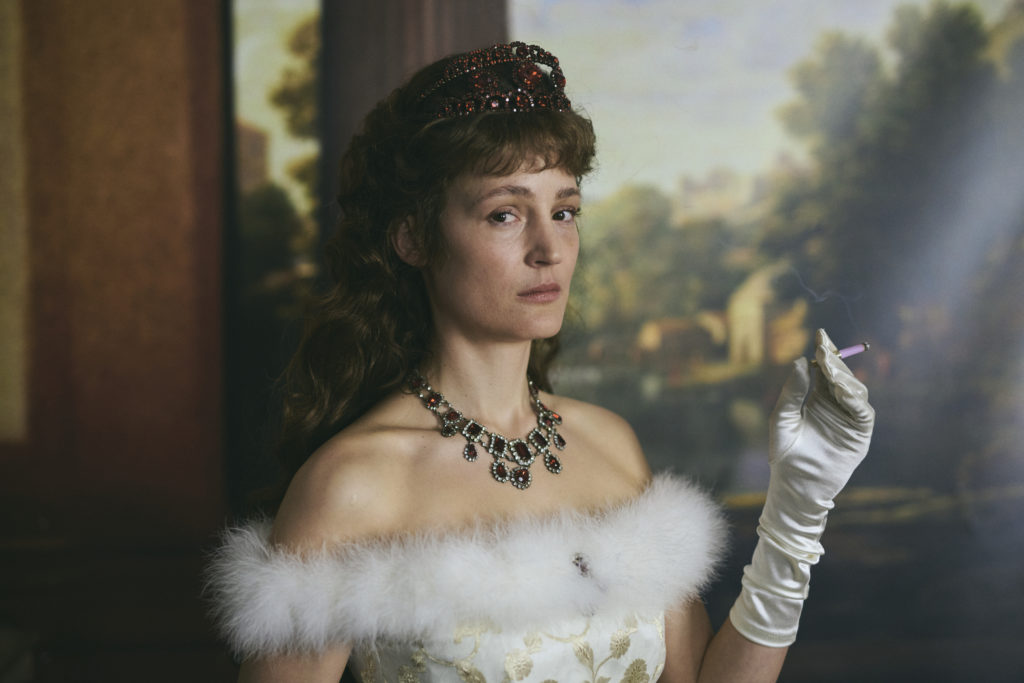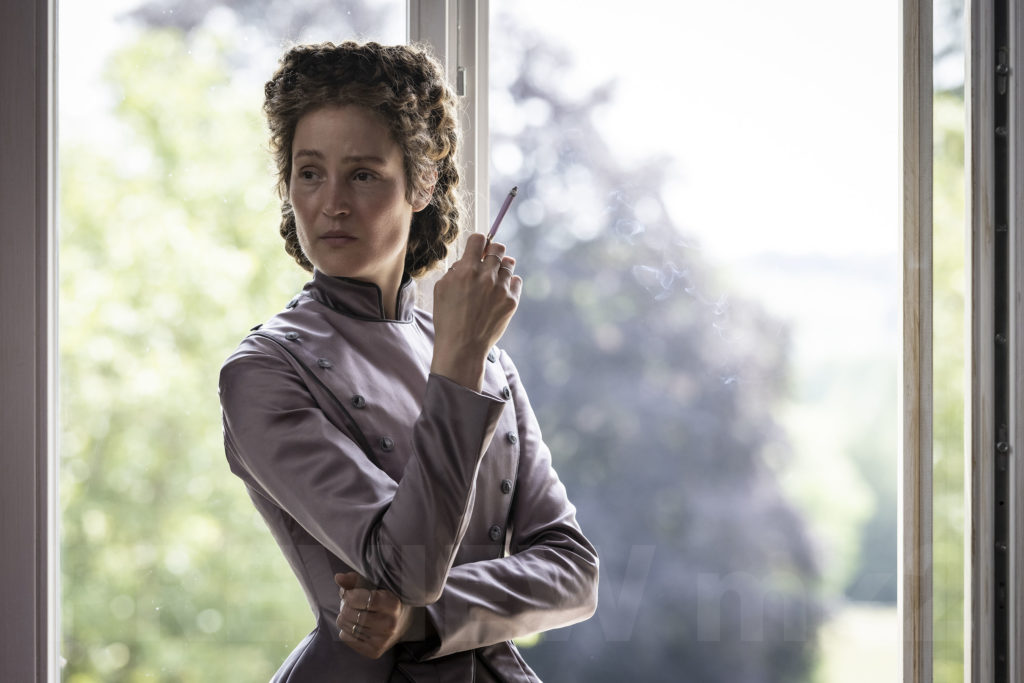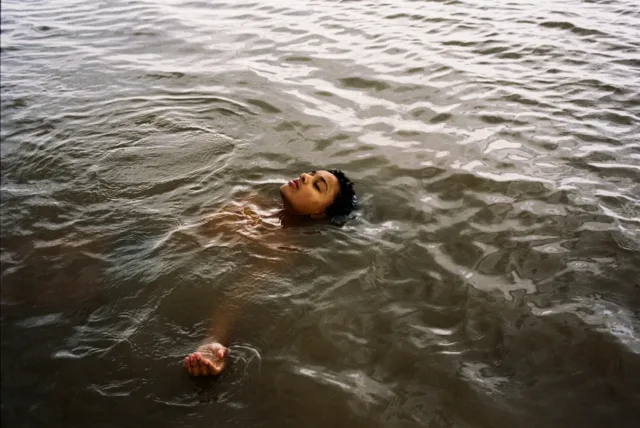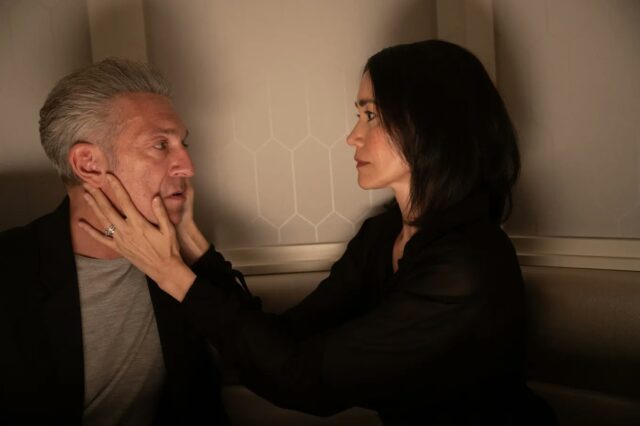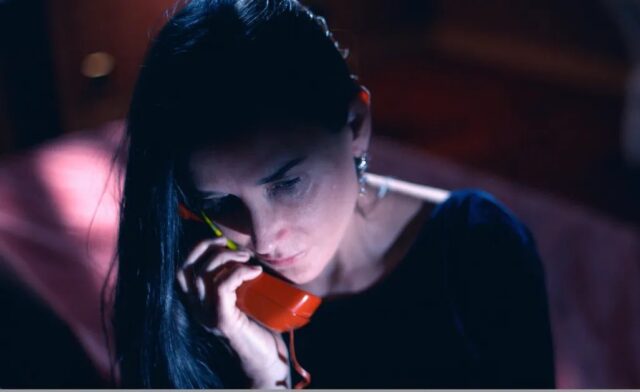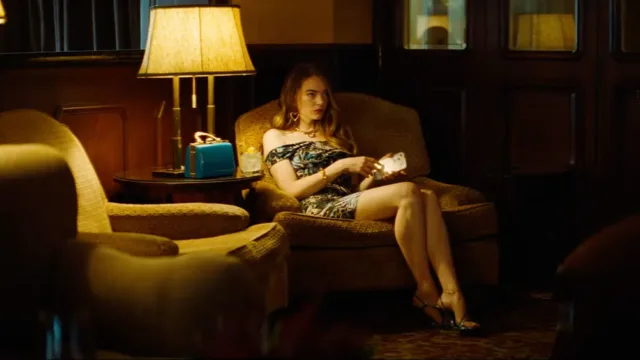REVIEW: Corsage Inspires With One Empress’ Attempt to Love Herself
Corsage stars Vicky Krieps (More Than Ever, Hold Me Tight) as Empress Elisabeth of Austria or ‘Sisi,’ known for her beauty and fashion sense in the late 19th century. However, things took a slight turn when she celebrated turning 40, and the public eye and scrutiny on her weight surrounded by her tiny corset, and ageism came crashing down upon her.
A drama written and directed by Marie Kreutzer(Gruber Is Leaving, The Ground Beneath My Feet), one of Austria’s celebrated filmmakers, Corsage achieved Official Selection at Cannes, TIFF, and NYFF. Krieps also stole Best Performance in the Un Certain Regard section at Cannes in addition to debuting More Than Ever. Corsage steps into a year in the life of Elizabeth when she was known to only appear in public with her face hidden with a veil, traveling extensively, and was known to have a body double to take her place on official occasions so she wouldn’t have to attend.
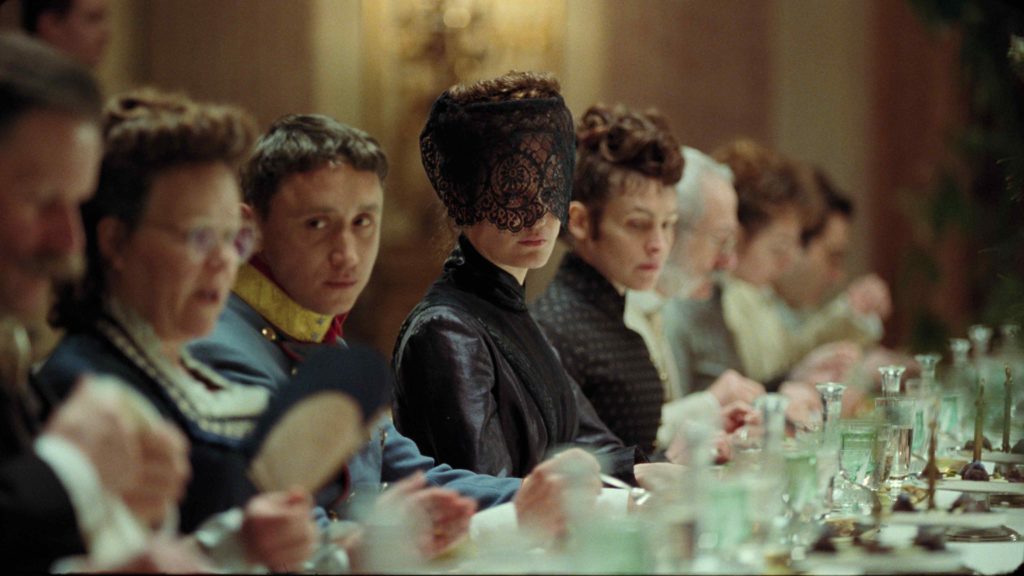
Corsage tells the story of a woman in 19th-century Europe, held by the physical constraints of not only the corset that was a part of everyday life back then but also the social pressures. Women were constantly competing to maintain status and wealth and be the “most beautiful, the most intelligent, the best of all,” notes Krieps when researching the role.
The corset holds so much symbolism in this film and time period. The corset’s constraint on your ribs, always pulling tighter and tighter, is one of the most painful contraptions to wear, pushing your organs together into your rib cage and your diaphragm, all for the adoration of others, especially men. Krieps noted that it changed one’s mood when she mentioned what it was like to wear one while filming. She stated, “It wasn’t just about only being able to have liquids like soups or smoothies when I was in the corset; that tight constriction also hugely affected my emotions. When I put it on and got laced in, I would immediately feel sad. When I took it off, I used to feel happy and could laugh again.”
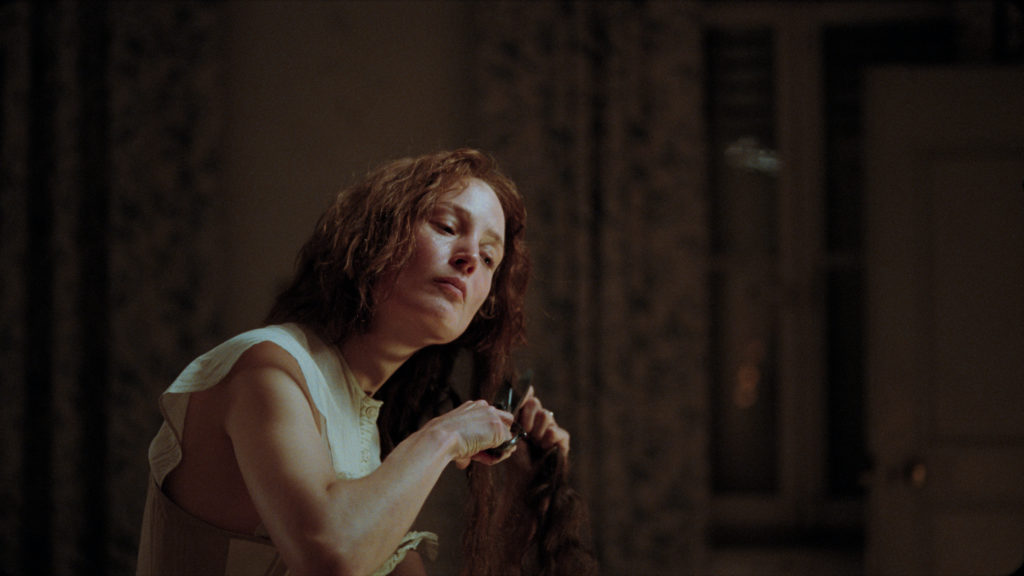
IFC
The film chronicles Elizabeth’s relationship with her husband, Emperor Franz Joseph I of Austria (Florian Teichtmeister), daughter, family, and servants and how she must navigate to keep up appearances but all the while seeing the loss of her power over society as she tries to regain or achieve what may be her sense of self. Elizabeth doesn’t play by the rules, she’s outspoken, and she wants to know more about the happenings in her husband’s politics, which she is completely shut down on. She is also haunted by her daughter’s coming of age, whom she loves dearly, but must witness her husband’s and the world’s influence on how she perceives her as “embarrassing.”
Elizabeth’s underlying emotions are riddled with depression from feeling the need to be wanted and desired and seeing her own husband take on a concubine who is also unhappily married in her teens. She travels to England and Bavaria, visiting a cousin, old friends, and lovers, indulging in fencing and swimming, searching for anything that resembles what she had in her younger life, and she seems to unravel under pressure. She’s also known to visit asylums and recommended bathtubs be brought in for the patients, even laying down with a maimed soldier in his hospital bed and sharing a cigarette. Her actions at the time were unheard of, and her daughter grew deeply resentful of them, unable to see the humanity her mother was showing by example.
She’s determined to leave her mark to ensure her name and legacy are preserved and enlists her lady-in-waiting Marie Festetics (Katharina Lorenz Lou, Andreas-Salomé, The Audacity to be Free) to assist her with a ruse to escape her pains with a plan of deception. She’d been riddled with drugs that were prescribed by her doctors as cure-alls in that time period without understanding their highly addictive nature. Elizabeth wasn’t perfect; she could, at times, be cruel such as when she refused to let her handmaid (Jeanne Werner, Cru-Raw) marry when it was “her last chance” at security. Let’s not forget wearing a daily corset can make anyone bitter, as well as a semi-toxic husband and relentless public scrutiny, so we forgive her a smidge.
The cinematography (Judith Kaufmann) was breathtaking, with shots of fields and mountains mixed with the reconstructed look of the castles. The set production and costumes were beautiful, with the energy of late 19th-century Austria, yet with a modern twist. The look and feel of the landscapes weave in and out of time periods with objects of modernity and music playlists from the director, which plays into the convivial moments with Elizebeth giving the middle finger to her husband and guests when she’s become bored with them. She’s seen riding horseback and seeing a motion picture camera for the first time and cutting off her beautiful long hair in an act of rebellion which has her hairdresser almost faint at her life’s work of royal locks in ruin on the floor.
Corsage isn’t quite the dizzying feel of Spencer, and it’s not your Maria Antoinette. The director states she’s “not a fan,” but it takes an elegant shape of its own in being a film about universal womanhood with a message of eradicating the oppression and expectations of women one century at a time.
Corsage arrives in theaters in the US on December 23.

Award-Winning Publisher

